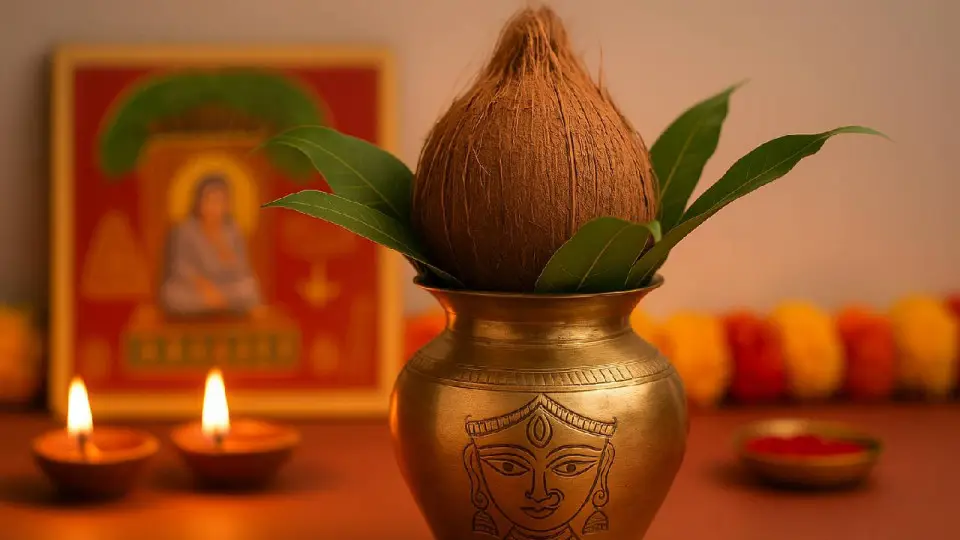
Credit: Ai (Credit: Ai)
Ahoi Ashtami puja vidhi: The Ahoi Ashtami fast is a traditional Hindu observance performed mainly by women for the safety and well-being of their children. Devotees worship Ahoi Mata, considered a form of Goddess Parvati, with faith and rituals. It is believed that following the fast correctly helps remove obstacles affecting children and brings joy, prosperity, and protection to the family. The day carries both spiritual and cultural importance.
Before beginning the evening puja, devotees either draw an image of Ahoi Mata or install a printed picture on the wall. This sacred image often depicts a motherly figure alongside children, symbolizing protection and fertility. The act of preparing the space for worship sets the mood of devotion and helps create an environment of peace and focus during rituals.
A Kalash filled with water is placed near the image of the Goddess. A Swastika is drawn on the Kalash with vermillion to mark it holy. Alongside, puja materials such as rice, radishes, water chestnuts, eight puris, and eight puas are prepared. These items represent abundance, nourishment, and offerings of respect made by the devotee with devotion.
During the puja, a lamp is lit before Ahoi Mata, and offerings of roli, rice, and milk are made. Women hold wheat grains and flowers in their hands while listening to or reciting the traditional story of Ahoi Ashtami. The story highlights the values of faith, motherhood, and blessings of divine power, adding meaning to the ritual of fasting.
Once the story is completed, Aarti is performed with devotion and prayers for the child’s welfare. The fast, however, is broken only after sighting the stars in the sky. Devotees offer water to the stars and then consume food to mark the end of the day-long fast. This practice symbolizes the union of cosmic blessings with earthly devotion.
After completing the rituals, the prepared food items like puris and puas are donated to a Brahmin or a needy person. The fast is also observed by childless women with the hope of motherhood. Falling four days after Karva Chauth and eight days before Diwali, Ahoi Ashtami is believed to please Ahoi Mata, ensuring long life, health, and happiness for children.
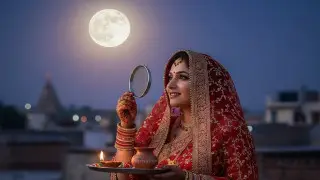
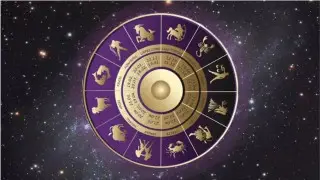
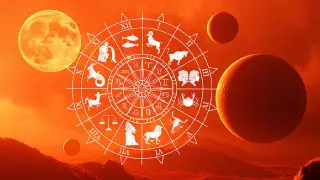
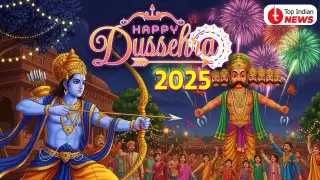
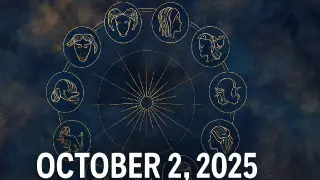








Copyright © 2025 Top Indian News
